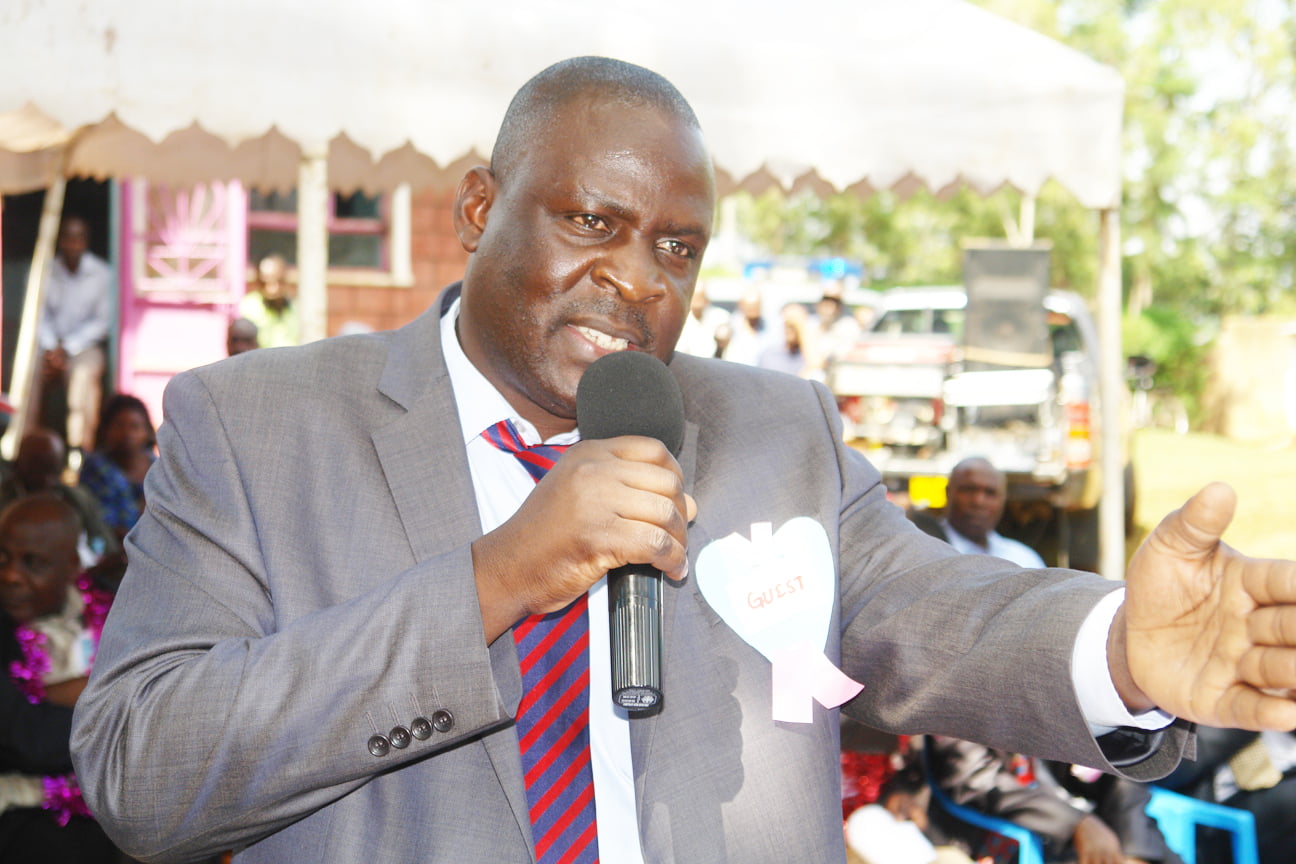The Salaries and Remuneration Commission (SRC) has now released a new policy guideline which will guide the public service on how to achieve an efficient remuneration and benefits system at a time when teachers’ unions are pushing for re-negotiation of the 2021-2025 Collective Bargaining Agreement (CBA).
The Public Service Remuneration and Benefits (PSRB) Policy Guideline 2022 was made public by the country’s salary regulator on March 21, 2023; and it is a revision of the 2015 Public Sector Remuneration and Benefits Policy.
In the new revised guidelines that elaborate the principles that govern determination of remuneration and benefits in public service, any setting or reviewing of remuneration and benefits for the civil servants including teachers shall now be subject to affordability and fiscal sustainability.
Moving forward, any proposal in respect to remuneration in the public service shall be accompanied by an analysis of its estimated affordability and fiscal sustainability impact, and shall be reviewed by SRC in line with constitutional principles.
“This principle ensures that aggregate remuneration and benefits are within the planned public service resource envelope, in both short and long-term perspective. To ensure compliance with this principle, SRC and public bodies must work towards ensuring that remuneration and benefits across the public service do not exceed what is stipulated in the Public Finance Management (PFM) Act and Regulations,” read the new policy guidelines in part.
It will also depend on the ability of the economy to sustain increased labour costs in determining the level and timing of any awards on remuneration and benefits.
Further, public bodies and trade unions will now not be required to conclude Collective Bargaining Negotiations (CBNs) on remuneration and benefits for their employees or members without the employer first obtaining advice from SRC to commence negotiations.
“A public body with a recognition agreement with a trade union shall seek the advice of the Commission on remuneration and benefits items payable out of public funds before the commencement of collective bargaining negotiation,” reads the policy guideline in part.
In June 2021 teachers’ unions including Kenya Union of Post Primary Teachers (KUPPET), Kenya National Union of Teachers (KNUT) and Kenya Union of Special Needs Education Teachers (KUSNET) signed a non-monetary 2021-2025 CBA which only prolonged parental leave.
Since then, the unions notably KNUT and KUPPET have been pushing for re-negotiations of the CBA to include the monetary component arguing that the economy has improved. KNUT is pushing for a 60 per cent salary increment while KUPPET is pushing for 70 per cent salary increase for classroom teachers and 30 per cent for school administrators.
In February this year 2023 while appearing before the National Assembly Education and Research Committee, Teachers Service Commission (TSC) Secretary and Chief Executive Officer (CEO) Dr. Nancy Macharia stated that the Commission is set to review the 2021-2025 CBA more specifically the salary component with an aim of motivating teachers.
“The Commission negotiated a non-monetary 2021-2025 CBA with the teacher unions pursuant to the advisory from Salaries and Remuneration Commission (SRC). Further it was agreed that the CBA would be reviewed mid-term pursuant to improved economic status of the Country,” Dr. Macharia told the legislators by then.
With the released guidelines, teachers might expect either a minimal increase or no increase at all in their salaries in their ongoing quest to have the CBA re-negotiated a fresh, and that the negotiations can only start after TSC getting an advisory from SRC.
In December 2022 during KNUT’s 62nd Annual Delegate Conference (ADC) in Kisumu, Education Cabinet Secretary Hon. Ezekiel Machogu told teachers’ unions in the country to be realistic with their demands.
In a speech read on his behalf by Nyanza Regional Director of Education Nelson Sifuna, Machogu said that the unions should read the mood of the country before making such demands.
“I call upon your [teachers’ unions] leaders to be realistic in reading the signs of the day, consult widely and ensure that all deliberations have the learners’ interests at heart, bearing in mind that our economy is currently in dire straits. I’m sure we will reach an agreement and move on as a country,” said Machogu in a speech read on his behalf by Sifuna.
In a bid to achieve affordability and fiscal sustainability of the public service wage bill, SRC in the newly released guideline policy maintains that the national wage bill-to-Gross Domestic Product (GDP) ratio should not be more than 7.5 per cent; while the national wage bill-to-total-revenue ratio should not be more than 35 per cent, or as stipulated in the Public Finance Management (PFM) Act.
In pursuit of the above policy targets, SRC notes that public bodies are required to comply with the PFM regulations, which stipulates that public expenditure on personnel emoluments should not exceed 35 per cent of the total revenue; and further comply with SRC advice on remuneration and benefits for State officers and other public officers.
However, SRC has told public bodies to undertake Collective Bargaining Negotiations through a structured approach that will ensure equity and fairness in remuneration and benefits for all cadres of employees in the public service.
According to SRC, the country lost an average of 3.5 million workdays per year between 2010 and 2018 due to labour unrest, translating to an aggregate loss of Ksh48.5 billion in forgone output.
SRC maintains that the Collective Bargaining Negotiations currently still face a number of challenges despite laws and regulations being it place to guide the negotiations, noting that the negotiations are currently facing pressure from trade unions and interested parties to review remuneration and benefits outside constitutional and statutory principles of pay determination.
Labour unrest pushing employers and SRC to negotiate under unfavorable conditions of extreme pressure; lack of, delay or inadequate information from public bodies to enable SRC provide advice; lack of capacity from employers to effectively negotiate with trade unions.
Other challenges are potential conflict of interest from management staff who participate in negotiations and are direct or indirect beneficiaries of the CBN outcomes; and trade unions taking advantage of election years to put pressure on government to make political pronouncements on remuneration and benefits before SRC advice is sought.
By Roy Hezron
Get more stories from our website: Education News
You can also follow our social media pages on Twitter: Education News KE and Facebook: Education News Newspaper for timely updates.






